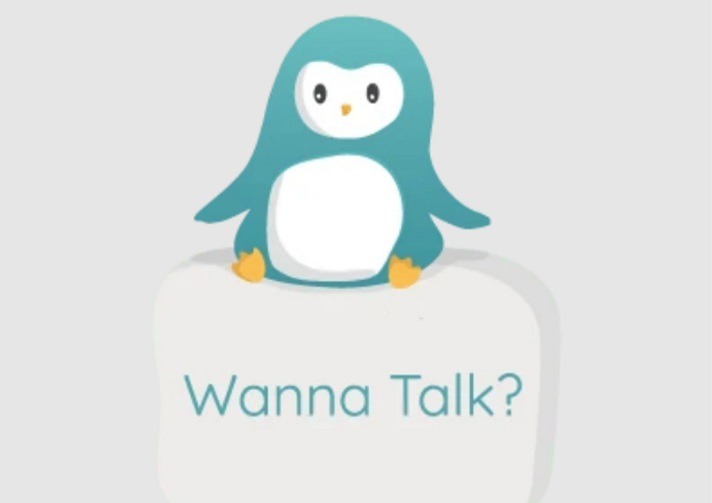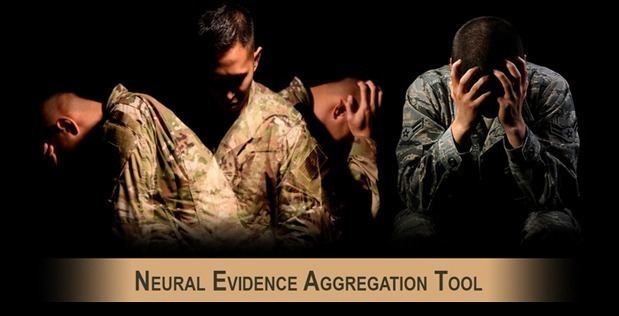Posts Tagged ‘anxiety’
Update: Playing videogames may be more cognitively beneficial than other forms of screentime like social media, watching videos/ TV
Welcome to a new edition of SharpBrains’ e‑newsletter, featuring timely brain & mental health news and a fun brain teaser to put your temporal lobes to good use :-) #1. Study finds that playing videogames may be more cognitively beneficial for children than other forms of screentime (social media, watching videos/ TV) “Here, we estimated the impact…
Read MoreAI-enabled chatbot Wysa receives FDA Breakthrough Device designation for patients with chronic pain, depression and anxiety
AI Behavior Health Chatbot App Fast-Tracked by FDA (Psychology Today): Recently the U.S. Food and Drug Administration (FDA) granted breakthrough device designation to Wysa’s AI-based digital mental health conversational agent that delivers cognitive behavioral therapy (CBT) via a smartphone to adults suffering from depression, anxiety, and chronic musculoskeletal pain
Read MoreHow ’sleeping on it’ can help the prefrontal cortex regulate emotional responses, making us feel better in the morning
Instead of lying awake worrying, we’re often told to “sleep on it” when making decisions both big and small. And there’s actually a scientific basis for this advice. Sleep can influence our response to emotional situations, and helps us to manage our mental health. To understand why sleep and emotions are so connected, it’s important…
Read MoreMapping ‘psychedelic trips’ in the brain to better direct their therapeutic effects
For the past several decades, psychedelics have been widely stigmatized as dangerous illegal drugs. But a recent surge of academic research into their use to treat psychiatric conditions is spurring a recent shift in public opinion. Psychedelics are psychotropic drugs: substances that affect your mental state. Other types of psychotropics include antidepressants and anti-anxiety medications.…
Read MoreNew DARPA initiative aims to harness cognitive science, sensors and machine learning to detect early brain signs of depression, anxiety, and suicidal ideation
New Cognitive Science Tool to Shed Light on Mental Health (DARPA press release): Since Sept. 11, 2001, more than 30,000 active duty members and veterans have taken their own lives – four times as many as those killed in post-911 military operations. Current methods to detect early signs of behavioral and mental health risk factors…
Read MoreThe Do’s and Don’ts of Harnessing Technology (and Anxiety) for Good
Welcome to a new edition of SharpBrains’ e‑newsletter, featuring important brain & mental health news plus a few fun brain teasers to test your reasoning skills and more… #1. Challenge ahead: Harnessing technology for good mental health “Technology can not only help us grow out of unhealthy habits, it is also possible to expand human mental…
Read More





